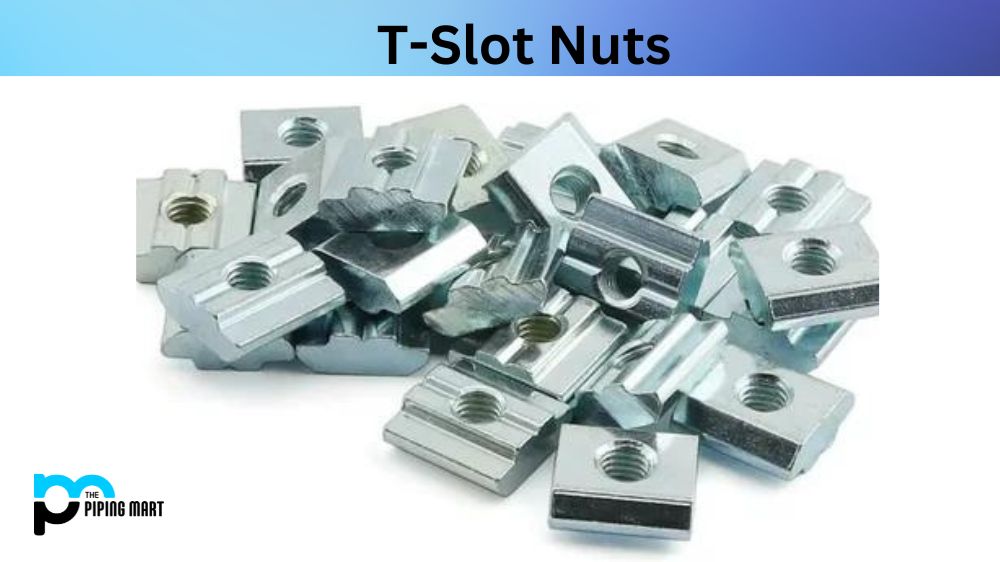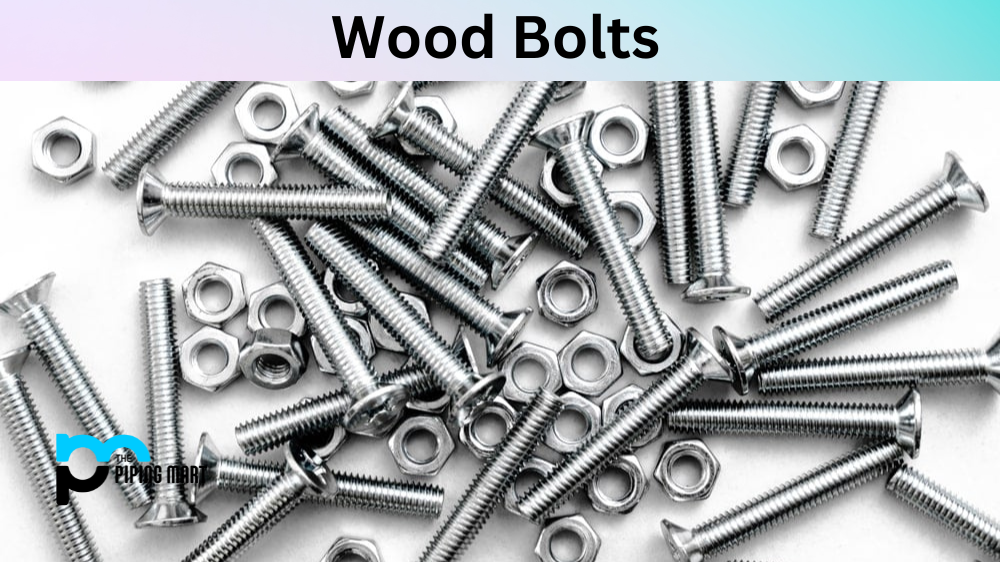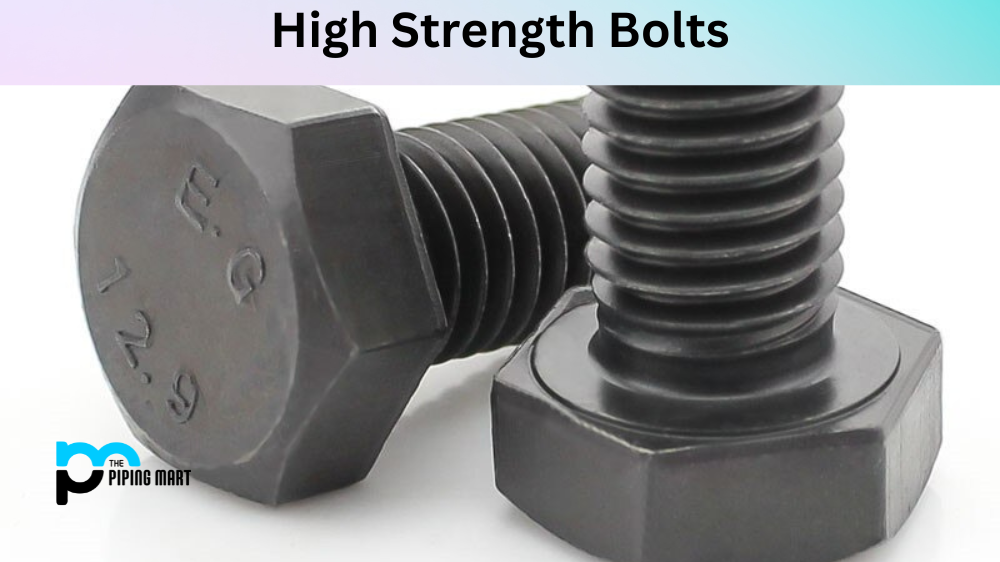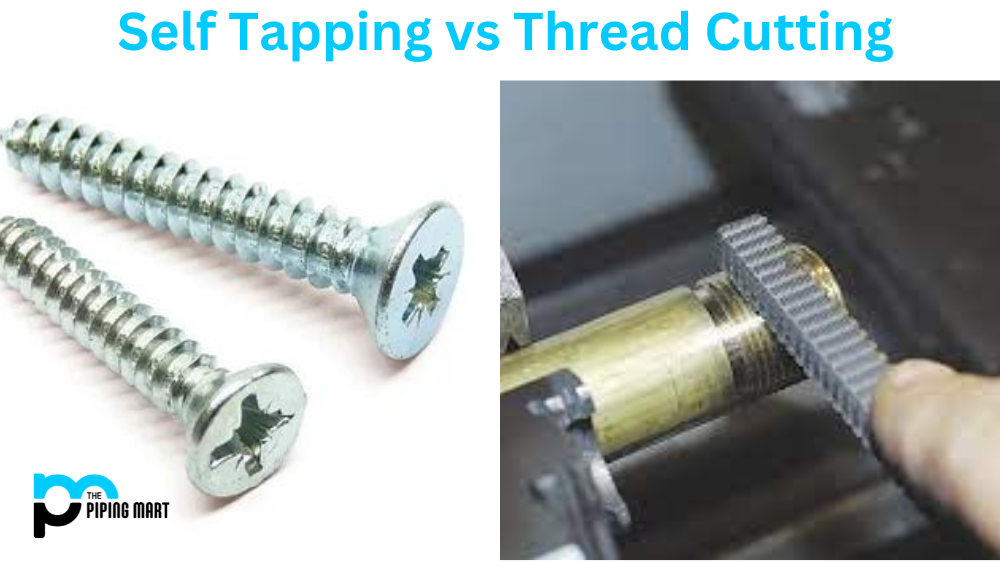Regarding industrial manufacturing, T-slot nuts are popular among professionals for securely fastening different mechanical parts. Not only are they versatile and adaptable for different applications, but they also provide exceptional holding power and resistance to vibration. While T-slot nuts offer many advantages, it is important to consider their disadvantages, and this blog post aims to provide an overview of both.
Advantages of T-Slot Nut
Versatility: T-slot nuts are compatible with any T-slot, making them highly adaptable for different applications. They can work well with various industrial machines, from milling machines to lathes, and can accommodate different sizes and shapes of objects.
Secure Connection: One of the biggest advantages of T-slot nuts is their ability to provide a secure connection, which is crucial in industrial processes. Their unique design grips onto the T-slot and prevents any rotational forces from loosening the connection. This can lead to improved performance and productivity during manufacturing processes, as there is little risk of parts or equipment becoming dislodged.
Vibration Resistance: T-slot nuts provide excellent resistance to vibration, making them ideal for use in high-speed applications. Their design ensures minimal movement or loosening, which can improve the machine’s longevity and reduce maintenance needs.
Durability: T-slot nuts are made from high-quality materials designed to withstand harsh environments and regular use. From steel to aluminium, T-slot nuts can be made from various materials that offer different benefits, including corrosion resistance, strength, and weight.
Disadvantages of T-Slot Nut
Cost: T-slot nuts can be expensive, especially compared to other fasteners. This is due to their complex design, high-quality materials, and precision engineering. The cost can be prohibitive for some industries that require frequent fastener replacement.
Installation: T-slot nuts require a special tool, which can be an added expense for some manufacturing processes. Additionally, installing them correctly can be challenging, leading to improper connections and reduced performance.
Compatibility: While T-slot nuts are designed to fit any T-slot, there may be instances where they are not compatible with certain machines or equipment. It is important to check beforehand if T-slot nuts are the best option for the specific application.
Load Capacity: T-slot nuts may not be suitable for applications that require high load capacity or intense pressure. While they are great at preventing rotational forces, they may be less effective at preventing sliding forces. It is important to consider the amount of weight or pressure the connection will bear before selecting T-slot nuts.
Conclusion:
In conclusion, T-slot nuts offer numerous advantages, making them a top choice for industrial applications. From their versatility and durability to their resistance to vibration and secure connection, T-slot nuts can improve the performance and reliability of machines and equipment. However, it is essential to consider their disadvantages, such as cost, installation, compatibility, and load capacity, before deciding if they are the best option for a specific application. By understanding their pros and cons, industrial professionals can make informed decisions about using T-slot nuts in manufacturing.




